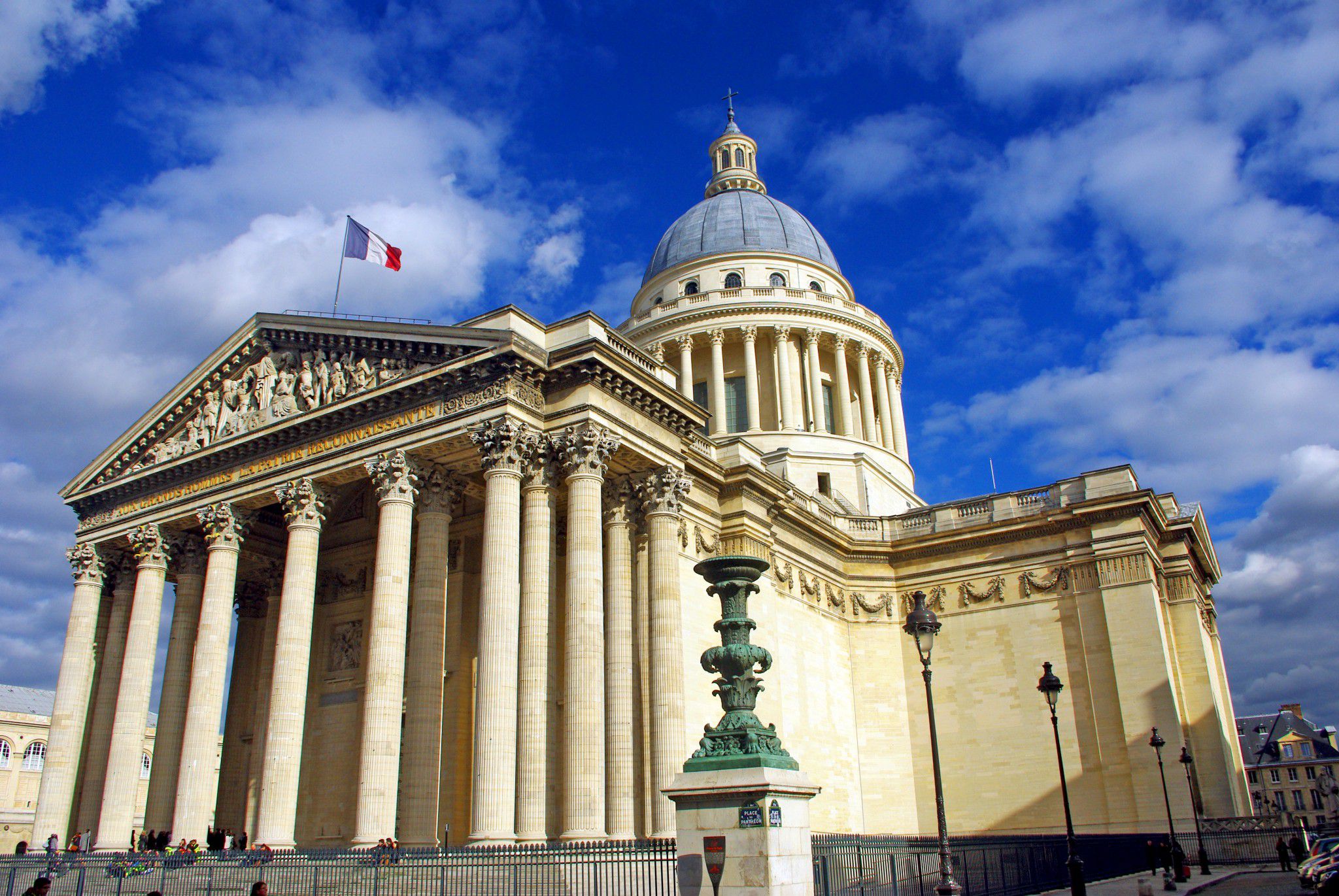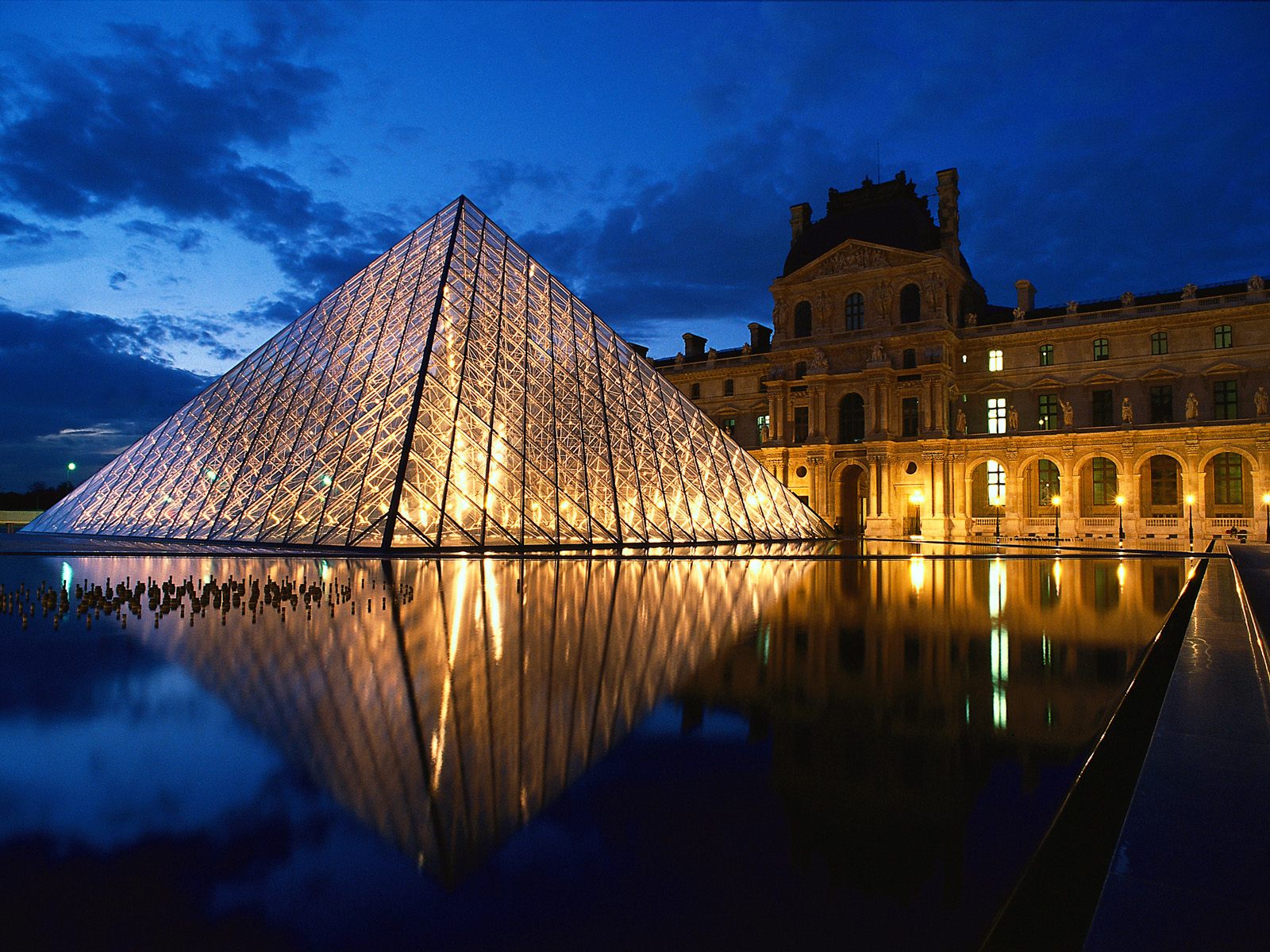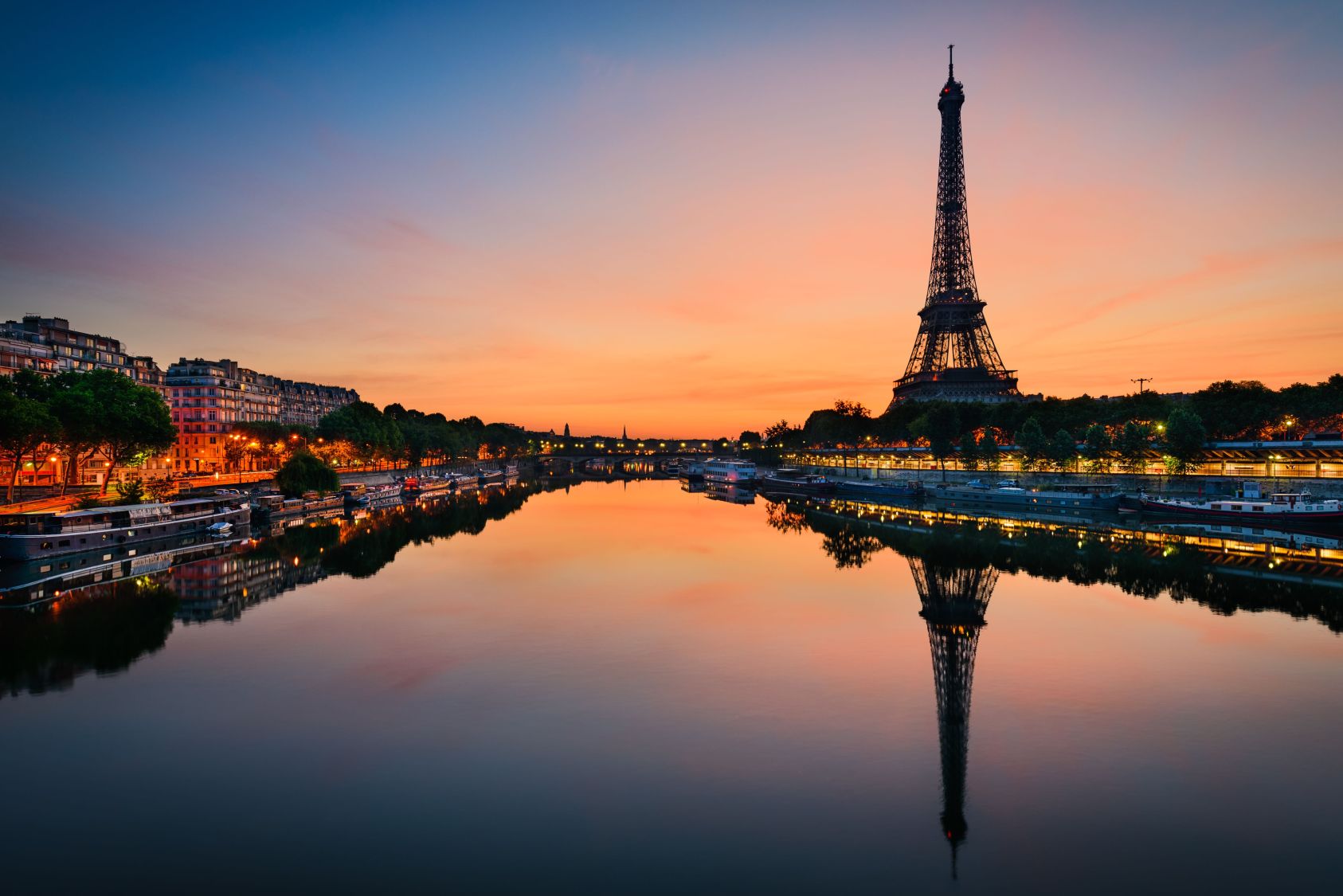France & Iran: Navigating Diplomacy Amidst Regional Tensions
In the intricate tapestry of international relations, few dynamics are as complex and fraught with tension as the ongoing interplay between France and Iran. This relationship, often a barometer for broader European-Middle Eastern diplomacy, is frequently punctuated by diplomatic overtures, stern warnings, and the ever-present shadow of regional conflict. Understanding the nuances of France Iran news requires delving into the historical context, the immediate geopolitical pressures, and the human stories caught in the crossfire.
From high-stakes nuclear negotiations to the plight of detained citizens, the narrative between Paris and Tehran is one of delicate balance. France, often positioned as a key European mediator, finds itself navigating a precarious path, striving for de-escalation while firmly upholding its principles regarding human rights and nuclear non-proliferation. The recent developments, including explicit warnings to French citizens in Iran and proposals for regional peace, underscore the urgency and fragility of this vital diplomatic corridor.
Table of Contents
- The Shifting Sands of France-Iran Relations
- Diplomatic Tensions and Citizen Detentions
- The Nuclear Conundrum: Europe's Diplomatic Push
- France's Proactive Stance on Nuclear Talks
- Regional Escalation: Israel-Iran and European Concerns
- Paris's De-escalation Proposals
- High-Level Engagements and Their Impact
- Warnings, Withdrawals, and Military Posturing
- French Citizens in Peril
- The Broader European Perspective
- Looking Ahead: Pathways to Stability
- Conclusion: A Path Forward
The Shifting Sands of France-Iran Relations
The relationship between France and Iran is characterized by periods of cooperation interspersed with significant friction. Historically, France has often played a distinct role in European diplomacy towards Iran, sometimes diverging from the more hardline stances of other Western nations, while at other times aligning closely with them. This intricate dance reflects France's desire to maintain channels of communication and influence, even when deep disagreements persist. The ebb and flow of this relationship are often dictated by global events, regional conflicts, and internal political shifts within both nations.Diplomatic Tensions and Citizen Detentions
A recurring and deeply concerning aspect of recent France Iran news has been the detention of French citizens in Iran. These cases have become a significant point of contention, casting a long shadow over bilateral ties. The French foreign ministry has repeatedly voiced its alarm over the conditions of these detentions, with France's foreign minister explicitly stating that the situation of three French citizens held in Iran is worsening, with some being detained in conditions "similar to torture." Such accusations highlight the severe human rights concerns that underpin much of the current diplomatic strain. The release of one French national, who had been imprisoned in Iran for over 880 days, provided a brief moment of relief but did not diminish the overall anxiety. Supporters and relatives of detained French citizens, such as Cécile Kohler and Jacques Paris, have publicly rallied in front of iconic landmarks like the Eiffel Tower, demanding their release, underscoring the profound human cost of these geopolitical tensions. These individual stories often become potent symbols in the broader narrative of France-Iran relations, influencing public opinion and diplomatic pressure.The Nuclear Conundrum: Europe's Diplomatic Push
At the heart of much of the current France Iran news is Tehran's nuclear program. France, alongside its European partners like Germany, has consistently advocated for a diplomatic resolution, stressing the critical importance of non-proliferation. European officials have expressed hope for future negotiations, recognizing that a military confrontation would be catastrophic for the region. Iran's foreign minister, Abbas Araghchi, has been seen in meetings with counterparts like Germany's foreign minister Johann Wadephul and France's Minister for Europe and Foreign Affairs Jean, signaling ongoing, albeit often difficult, discussions. These meetings are crucial attempts to keep the lines of communication open and prevent the nuclear issue from spiraling out of control.France's Proactive Stance on Nuclear Talks
France has taken a particularly proactive stance in trying to salvage and advance talks concerning Iran's nuclear ambitions. French President Emmanuel Macron has been vocal, stating that France and other European nations would make a "diplomatic and technical offer" to Iran. This proactive approach aims to find common ground and avoid a complete breakdown of negotiations, which France's foreign minister warned on Wednesday could make a military confrontation with Iran "almost inevitable." Paris understands that the stakes are incredibly high, not just for regional stability but for global security, and is committed to exploring all diplomatic avenues to prevent such an outcome. The French strategy often involves a mix of firm demands and a willingness to engage, reflecting a pragmatic approach to a deeply entrenched issue.Regional Escalation: Israel-Iran and European Concerns
Beyond the nuclear program, the broader regional security landscape significantly impacts France Iran news. The escalating tensions between Iran and Israel, marked by exchanged attacks, have sent ripples of alarm across Europe. The fear of a wider regional conflict is palpable, prompting European powers to intensify their efforts to maintain peace. Reports of Israel hitting targets in Iran, including multiple nuclear facilities, and the Israeli military explicitly stating it targeted the Khondab nuclear reactor, underscore the volatile nature of the situation. This direct confrontation between two regional powers, both with significant military capabilities, poses an immediate threat to the fragile stability of the Middle East.Paris's De-escalation Proposals
In response to the heightened regional tensions, Paris has stepped forward with concrete proposals aimed at de-escalation. French President Emmanuel Macron specifically mentioned on a Friday that France and other European nations would present a "diplomatic and technical offer" to Iran. This initiative, as reported by sources like Mark Landler from London, is part of a broader European strategy to resolve the conflict between Israel and Iran and avert a regional escalation. France is planning to put forward a proposal with its European partners, demonstrating a concerted effort to prevent the situation from spiraling into a full-blown war. These proposals are likely to include confidence-building measures, calls for restraint, and pathways for dialogue, aiming to create a framework for stability in a highly combustible region.High-Level Engagements and Their Impact
The diplomatic relationship between France and Iran is also shaped by direct engagements between their highest political figures. While not always public, the interactions between leaders like French President Emmanuel Macron and Iran's Supreme Leader Ali Khamenei, or their respective foreign ministers, are pivotal. These high-level discussions, whether direct or through intermediaries, are crucial for conveying messages, setting red lines, and exploring potential breakthroughs. The outcomes of such engagements often dictate the tone and direction of bilateral relations, influencing everything from trade prospects to the release of detainees. The very existence of these channels, even amidst severe disagreements, is a testament to the ongoing diplomatic efforts to manage a complex and often volatile relationship.Warnings, Withdrawals, and Military Posturing
The severity of the diplomatic climate is often reflected in official travel advisories and security postures. French authorities have taken stern measures, requesting its citizens to "immediately leave the territory of Iran" due to escalating risks. This stark warning from the French foreign ministry highlights the deteriorating security situation and the potential dangers faced by foreign nationals. Such advisories are not issued lightly and signify a profound concern for citizen safety, often in response to perceived threats or the risk of arbitrary detention.French Citizens in Peril
The plight of French citizens detained in Iran remains a top priority for Paris. As mentioned earlier, the French foreign minister has expressed grave concerns, noting that the situation of some detainees is "worsening" and includes conditions "similar to torture." This directly impacts future ties between the two nations, with France making it clear that the treatment of its citizens is a critical factor in the overall relationship. The public rallies in Paris, with supporters and relatives gathering to demand the release of individuals like Cécile Kohler and Jacques Paris, serve as powerful reminders of the human dimension of this diplomatic crisis. These cases not only exert pressure on the Iranian government but also galvanize public opinion in France, shaping the political will for intervention and negotiation.The Broader European Perspective
France's approach to Iran is not in isolation but is part of a broader European strategy. While individual nations like Germany and France take leading roles, there is a collective European desire to prevent regional conflagration and uphold the nuclear non-proliferation treaty. European officials consistently express hope for future negotiations, understanding that a united front offers the best chance for a diplomatic resolution. However, the challenges are immense. Germany, for instance, has echoed France's warnings, stating that the region "risked being set on fire after Tehran" escalated its actions. This shared concern underscores the high stakes for the entire continent, which would inevitably be affected by a major conflict in the Middle East. The European Union often attempts to act as a cohesive bloc, using its collective diplomatic and economic weight to influence Iran's behavior and encourage de-escalation.Looking Ahead: Pathways to Stability
The path forward for France-Iran relations, and indeed for regional stability, remains fraught with challenges. The interplay of nuclear ambitions, regional proxy conflicts, and human rights concerns creates a volatile environment. However, the continued diplomatic engagement, even amidst severe tensions, offers a glimmer of hope. The efforts by French President Emmanuel Macron and other European leaders to put forward diplomatic and technical offers to Iran are critical. These proposals aim to provide a framework for dialogue and de-escalation, preventing a military confrontation that would have devastating consequences. The focus remains on finding common ground, even if it is narrow, and building trust where currently there is much suspicion. The international community, as a whole, is watching closely, hoping that diplomacy can ultimately prevail over conflict. The ongoing updates and breaking news on international relations between France and Iran, including news on trade, treaties, and disputes, will continue to shape this critical geopolitical narrative.Conclusion: A Path Forward
The intricate dance between France and Iran is a microcosm of the broader geopolitical challenges facing the world today. From the pressing concerns of nuclear proliferation to the deeply personal struggles of detained citizens, the layers of complexity are immense. As we’ve explored, the recent France Iran news highlights a period of heightened tension, marked by explicit warnings to French citizens, accusations of torture, and the shadow of regional military escalation. Yet, amidst these challenges, France, often in concert with its European partners, continues to champion diplomatic solutions, proposing de-escalation measures and striving to keep channels of communication open. The commitment of leaders like President Macron to offer diplomatic and technical pathways to peace underscores the critical need for dialogue, even with adversaries. The human element, represented by the families rallying for their loved ones' release, serves as a poignant reminder of the real-world impact of these high-stakes negotiations. While the future of France-Iran relations remains uncertain, the ongoing efforts to navigate these turbulent waters through diplomacy, rather than confrontation, offer the most viable path towards stability. Stay informed and understand the intricate dynamics shaping our world. For the latest updates and stories from around the globe, keep an eye on reputable news sources. What are your thoughts on the role of European diplomacy in the Middle East? Share your perspectives in the comments below, or explore our other articles on international relations and global security.- Jenna Ortega Leaked
- Preetyscale
- Daisy From Dukes Of Hazzard Now
- Nicole Kidman Filler
- Malia Obama Dawit Eklund Wedding

Top 10 Most Famous Monuments of Paris - French Moments

France France France France | Encyclopedia of World Photo

Moving to France guide